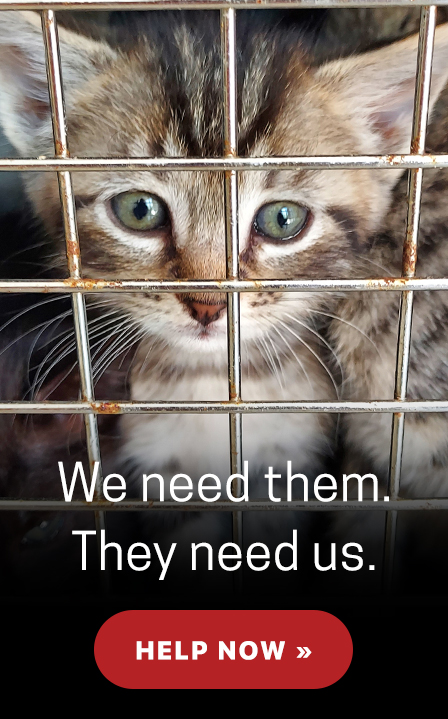WASHINGTON, DISTRICT OF COLUMBIA, July 5, 2022 — As COVID-19, Ebola, monkeypox and other illnesses known to pass from species to species continue to threaten the world’s people and animals, Dr. Tom Edling, chief veterinary officer at American Humane, the country’s first humane organization and the largest certifier of animal welfare in the world, has been working with a panel of noted world experts to provide a clearer picture of how other such diseases are transmitted with the hope of ultimately learning what we may do to better protect ourselves and our planet’s animals.
As outlined in their article in the newest issue of the peer-reviewed journal, Vector-Borne and Zoonotic Diseases, people and a wide variety of animal species have increasingly close contact in diverse settings, including traditional and non-traditional pets in our homes, requiring research and guidance on preventing zoonotic diseases, caused by pathogens that spread between animals and people.
Under the auspices of the National Association of State Public Health Veterinarians, together with the Centers for Disease Control and Prevention, a team of scientists including Dr. Edling, who has specialized training and interest in zoonotic diseases and non-traditional companion animals, drew on existing research and their own experience to create a compendium of information about the prevention and control of diseases associated with non-traditional pets for public health professionals, professionals working with animals such as veterinarians, and the general public. The companion animals covered in this paper include common pets such as guinea pigs, hamsters, gerbils, rats, and rabbits, as well as turtles, lizards, snakes, hedgehogs, ferrets, amphibians, fish and other aquatic species, and even backyard poultry, whose cultivation is an increasingly common phenomenon.
“We all recognize the importance of the human-animal bond and that pets are important parts of people’s lives,” said Dr. Edling. “The non-traditional pets discussed in this compendium are just as important to this relationship as traditional pets such as dogs and cats. The responsible pet community continues to work closely with federal and state public health officials, as well as veterinarians to provide safe and healthy pets so we may continue to enjoy their company and the benefits they bring. With the proper planning and hygiene, we can enjoy animals, including non-traditional pets, in our homes without worrying about zoonotic diseases.”
“For 145 years, American Humane has been leading the way in the quest to protect animals and promote the life-saving, life-enhancing power of the human-animal bond,” said Dr. Robin Ganzert, American Humane president and CEO. “At a time when careless, dangerous and inhumane practices have led to global consequences such as the COVID-19 pandemic, Ebola and monkeypox, we are tremendously proud to have our top animal scientist working on one of the most important health challenges of the day. Through his work and the invaluable work of his colleagues on this project, we hope to create a healthier, safer and more humane world for both people and the animals with whom we share our homes . . . and the Earth.”
The complete article and the full list of scientific contributors may be found here.
About American Humane
American Humane is the country’s first national humane organization and the world’s largest certifier of animal welfare, overseeing the humane treatment of more than one billion animals across the globe each year. Founded in 1877, American Humane has been First to Serve™ the cause of animals and for 145 years has been at the forefront of virtually every major advance in the humane movement. For more information or to support our lifesaving work, please visit www.AmericanHumane.org, follow us on Facebook, Twitter and Instagram and subscribe to our channel on YouTube for the latest breaking news and features about the animals with whom we share our Earth.

